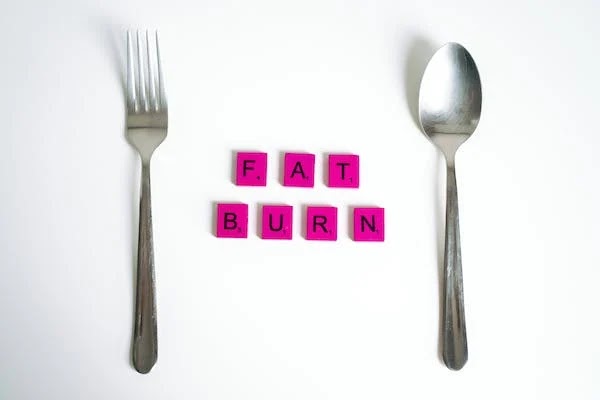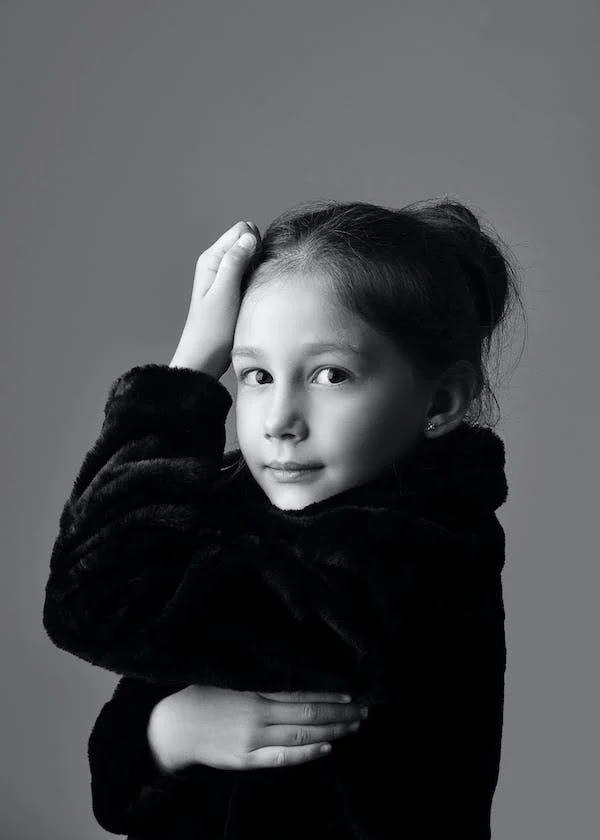 |
| What is a Panic attack ? What causes and symptoms of Panic attacks ? |
What is a panic attack ? What causes and symptoms of panic attacks ? When to consult a specialist ? | Health Tips
An overwhelming sense of fear and anxiety is known as a panic attack. This often happens, if someone is feeling anxious about something happening in their life or is facing a difficult or stressful situation.
Panic attacks can be very scary, especially for children. But it can usually be prevented with treatment. It is important to know that panic attacks do not cause any harm, and although it may seem impossible at the time, the feeling actually goes away.
What is a panic attack ?
An overwhelming sense of fear and anxiety known as a panic attack is frequently accompanied by severe physical symptoms such dizziness, shortness of breath, and an elevated heart rate.
In these circumstances, a lot of kids get scared and feel like something horrible is going to happen. This sensation can happen even if there isn't any real risk.
What causes panic attacks ?
It's not always clear why people get panic episodes, whether they're in toddlers or adults. What is certain is that having anxiety or going through a challenging or stressful scenario might cause a panic attack.
These circumstances consist of:
- Anxiety brought on by a challenging event at home or school,
- Stress over upcoming exams,
- Friendships, or relationships,
- The death of a loved one,
- Any traumatic experience like abuse or neglect,
- Violent experiences are just a few examples of what might create anxiety.
Panic attacks in children and adolescents
Although they can start in childhood, panic attacks frequently start in puberty. The child's mood or other activities may be affected, and these attacks may result in acute anxiety.
More Read : How to live a proper life during Corona ? Want a balanced diet | Health Tips
Some young people start to steer clear of circumstances where they fear having a panic attack. Teenagers who struggle with anxiety may start using alcohol or drugs. Children who experience panic attacks may develop troubles in the future if these problems are not recognized and handled. For instance, those kids can experience severe depression and act suicidal.
If treated promptly, children with panic attacks typically recover quickly.
What are the signs of a panic attack ? What are the symptoms of a panic attack ?
Signs and symptoms of panic attacks
If your child is experiencing a panic attack, they may feel that what is happening around them is out of their control. They panic that their body is in danger or even that they are dying! Panic attack can cause various problems in our body.
These include:
- Breathing quickly, laboriously, or with difficulty,
- Feeling light-headed or faint,
- Light seems brighter and more intense,
- Rapid heart beat and chest tightness,
- Sweating more than normal,
- Trembling and restless feeling in the legs,
- Being tearful, as if they can't stop crying,
- Seems stuck in something, as if they can't move,
- Feeling bloated or sick.
Ways to help your child cope
The first step in dealing with panic is to know what causes a panic attack. Ask your child how they feel and why they feel anxious or stressed. Is there a specific situation that creates a sense of dread in them? This knowledge can help your child think about what he can do to cope with those situations.
During a panic attack, your child may feel like he's losing control. But there are things you can do to help him regain control and feel better again:
1. Cope with the situation:
Sometimes it can seem easy to avoid situations or places that scare us. It seems natural. However, the habit of avoiding situations can exacerbate our anxiety. The goal is not to avoid situations that make us panic; The goal is to help your child learn to cope with how they feel in that situation.
More Read : How does anxiety cause weight gain ? How to reduce anxiety ? | Health Tips
2. Proceeding alphabetically:
Ask your child to name something for each letter of the alphabet. These can be animals, names, places, food etc. This will engage a different part of their brain and divert their attention away from fear and anxiety.
3. Focus on breathing:
Deep breathing (abdominal distension) is very relaxing and helps to deliver oxygen deep into our lungs. Here's a simple three-step process:
Place your hands on your stomach
Take 5 deep breaths, inhale for 5 seconds and exhale for 5 seconds, inhale through your nose and exhale through your mouth.
Explain that when your child breathes in, they gently inflate their belly like a balloon, and when they exhale, the balloon slowly deflates again.
4. Find a safe place:
If your child feels anxious about a situation, help them find a place where they can breathe and think calmly. This could be a place they are familiar with, like your home or their room. Or, an imaginary place – somewhere that feels peaceful, such as their favorite part of the park or by the sea.
5. Help them use their senses:
Our senses are powerful tools for dealing with feelings of fear, anxiety and stress. Here's an easy way to teach your child to use them:
Ask your child to sit comfortably and breathe in and out slowly. Now ask them to name some things that are not painful. Ask them to name 4 things they can see, 3 things they can hear, 2 things they can smell and 1 thing they can taste.
More Read : What is mental health ? What is depression ? What can be done to protect mental health ? | Mental Health Tips
When to consult a specialist
In severe panic attacks, children or adolescents may be afraid to leave the house. If your child is experiencing severe symptoms of a panic attack, it's time to seek help from your healthcare provider. They should first be evaluated by a family doctor or pediatrician. If no other physical illness is found to be the cause of the symptoms, they may be referred to a child and adolescent psychiatrist for evaluation.
Panic attacks can be stopped with treatment. If treated early, it can help prevent serious complications.

.jpg)



.webp)
